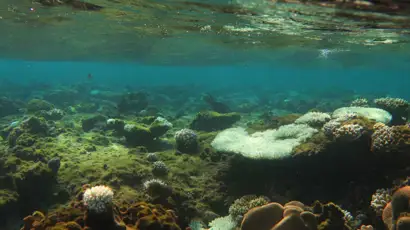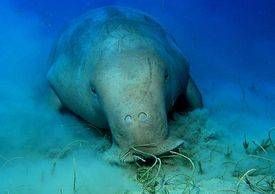Sharks have been on the planet for around 400 million years and have survived extinctions, glaciations, dramatic changes in sea level, as well as evolutionary succession of ecosystems and varying forms of life. Though, in the last 50 years, rapidly increasing populations and negative human impact on the environment is what will bring some species to the brink of irreversible decline. A recovery from depletion is hard to accomplish, since most of the larger shark species have a very low reproductive potential; they take years to reach sexual maturity and produce very few young.
As top predators, sharks act as key elements in maintaining the balance of their ecosystem. Any modification in their presence and abundance reflects on the entire ecosystem. Removing them on a large scale has severe consequences through succeeding layers of the marine food web which alters other species' abundance, distribution and diversity, and impacts the health of a variety of marine habitats, including sea grass beds and coral reefs.
Besides ecological considerations, the high economic value of living sharks is recognized by more and more countries. Shark diving is a growing industry; the interest in encountering sharks underwater creates far more revenue than the one-time profit to be gained from killing them.
Similar problems apply to the numerous shark species living in the Red Sea. Fishing pressure continues to have an impact of unknown magnitude and, despite local or regional regulations, no protective legislation for the area as a whole exists. And while the sharks' economic value, especially for the Egyptian tourism sector, is undisputed, scientific data is scarce; information on population status and ecological needs are insufficient or don't exist at all.
The sharks of the Red Sea are a focus of a research program launched by HEPCA to gather information on their population structure, ecology and behavior for better conservation measures.
The diving professionals in the Red Sea are continually called upon to help monitor the shark populations in the Egyptian Red Sea. Their experience and ongoing daily activities in the water make them perfect volunteers that can provide a wealth of information through sighting documentation and photo-identification.
Further information and details on the Red Sea Sharks can be found on www.redseasharks.org.












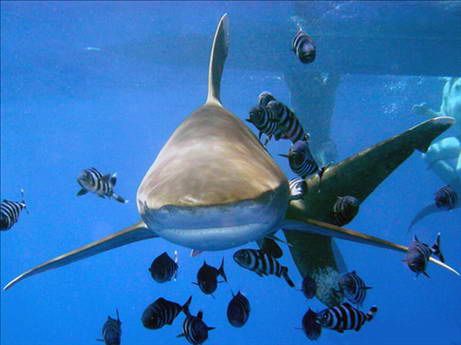
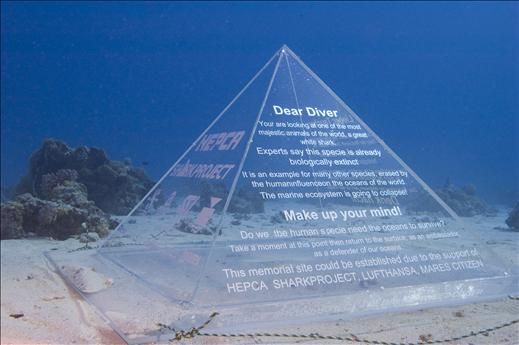



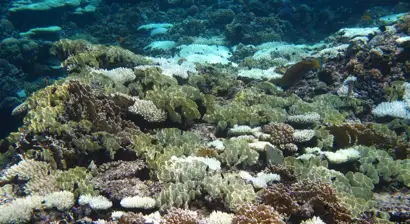
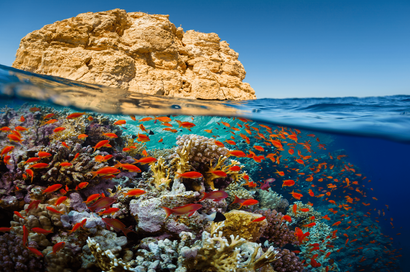
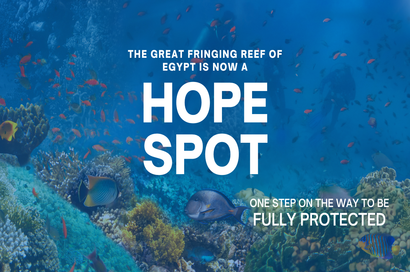
 - frame at 0m12s_lg.webp)
